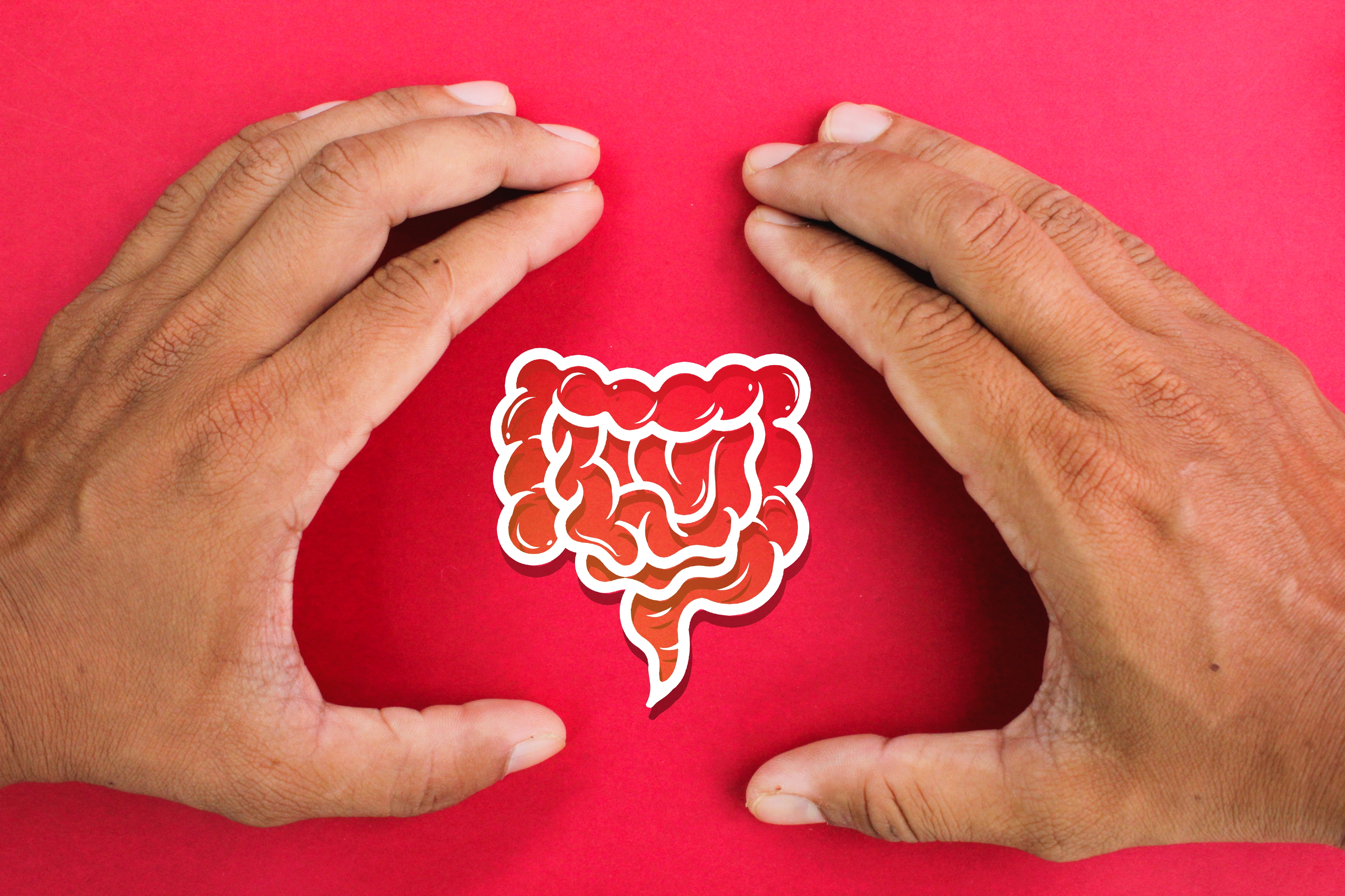10 Crucial Warning Signs of Celiac Disease You Shouldn’t Ignore
Celiac disease is a complex autoimmune disorder that remains enigmatic to many. Despite affecting approximately 1% of the global population, it is often misunderstood or overlooked due to its diverse and sometimes non-specific symptoms. The disease is triggered by the ingestion of gluten, a protein found in wheat, barley, and rye, leading to inflammation and damage in the small intestine. This damage can result in a myriad of symptoms, ranging from digestive issues to neurological complications. The challenge lies in the fact that these symptoms can mimic other conditions, often leading to delayed diagnosis. The purpose of this article is to illuminate the top 10 warning signs of celiac disease, providing you with the knowledge to recognize and address this stealthy condition. By understanding these signs, you can take proactive steps towards seeking medical advice and managing your health effectively. As we delve into each symptom, remember that celiac disease is a spectrum disorder, and its manifestations can vary significantly from person to person.
1. Digestive Distress: The Most Common Indicator

Digestive problems are the hallmark of celiac disease and often the first clue that something is amiss. Individuals with celiac disease may experience chronic diarrhea, abdominal pain, bloating, and gas. These symptoms occur because the ingestion of gluten triggers an immune response that damages the villi in the small intestine, impairing nutrient absorption. This malabsorption leads to the digestive discomfort that many celiac patients report. However, it is important to note that not everyone with celiac disease will experience these classic gastrointestinal symptoms. Some may have constipation instead of diarrhea, or experience no digestive issues at all. This variability can make it challenging to link these symptoms directly to celiac disease. Nonetheless, persistent digestive distress, especially when accompanied by other symptoms, should prompt further investigation. A healthcare provider can perform specific blood tests and, if necessary, an intestinal biopsy to confirm a diagnosis of celiac disease.
2. Unexplained Weight Loss: A Red Flag

Unexplained weight loss is another significant warning sign of celiac disease. As the small intestine becomes damaged, its ability to absorb nutrients diminishes. This malabsorption can lead to weight loss, even if the individual maintains a normal or increased appetite. In some cases, people may also experience muscle wasting and a general sense of weakness or fatigue. Weight loss in celiac disease is not always extreme but can be noticeable over time. It is important to differentiate this from weight loss due to other factors, such as increased physical activity or dietary changes. If weight loss occurs alongside other symptoms like digestive issues or fatigue, it warrants a closer look. Early detection and treatment of celiac disease can help halt and reverse the malabsorption process, allowing for weight stabilization and improved overall health. Therefore, unexplained weight loss should not be ignored, especially if it persists despite dietary adjustments.
